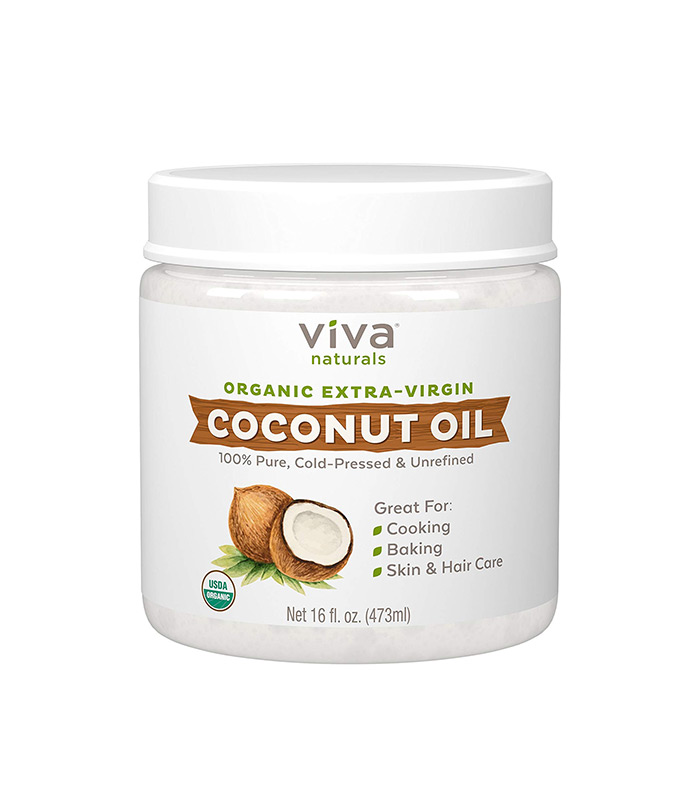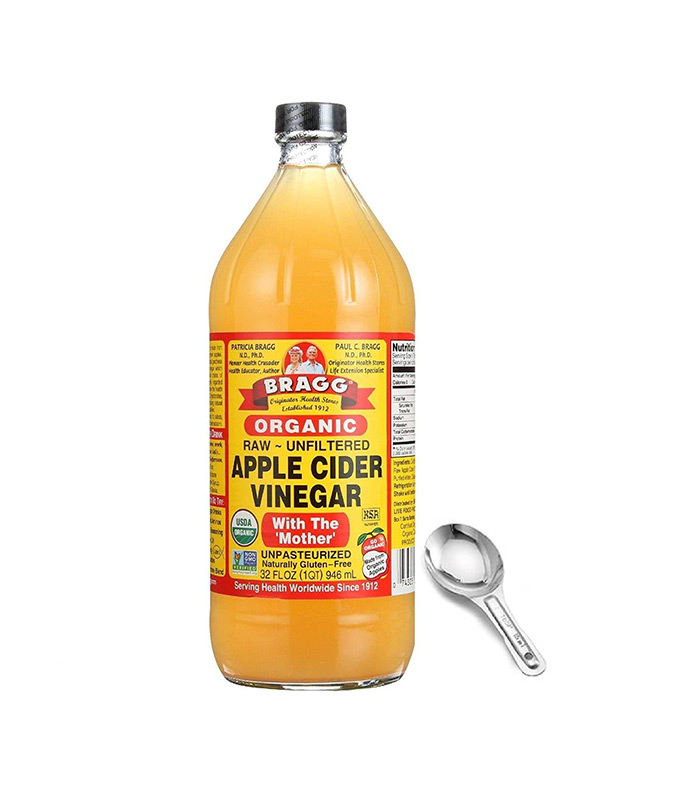Don't Make This Common Mistake When Whitening Your Teeth
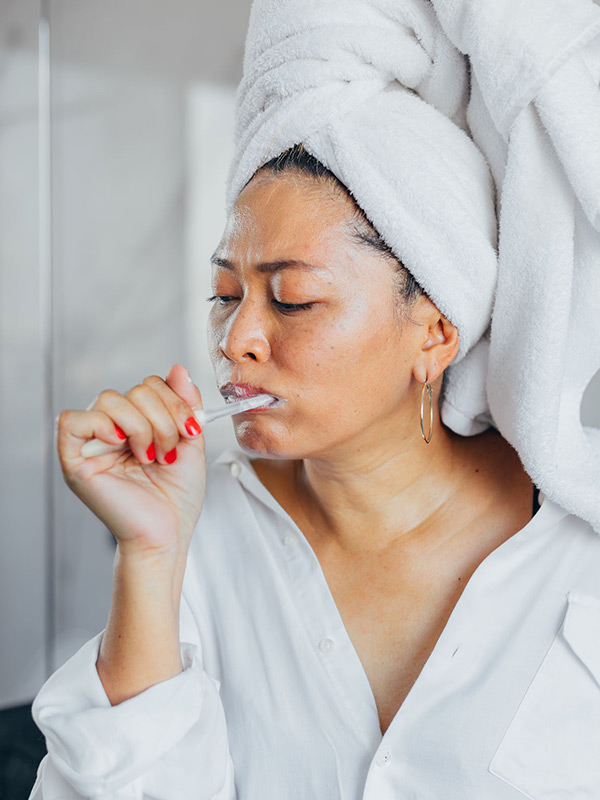
If you've ever looked in the mirror or at a photo and cringed at how yellow your teeth looked, you've probably reached for the whitening toothpaste or strips in desperation. When you're not confident with your smile, it can cause some social anxiety and a whole lot of self-consciousness. Most whitening methods out there do work, but you might be making a mistake by turning to them first.
What you should do instead? Go to the dentist for a teeth cleaning. (Apologies to those out there with a fear of the dentist). "The first thing I tell anybody before they get their teeth whitened is to make sure they're up to date on their cleaning because a lot of things won't bleach," says Tricia Quartey, DMD, FAGD, a spokesperson for the American Dental Association. "So we'll see stains and things that can be removed with a regular cleaning, or patients will be whitening plaque and tartar, which is already a little yellow."
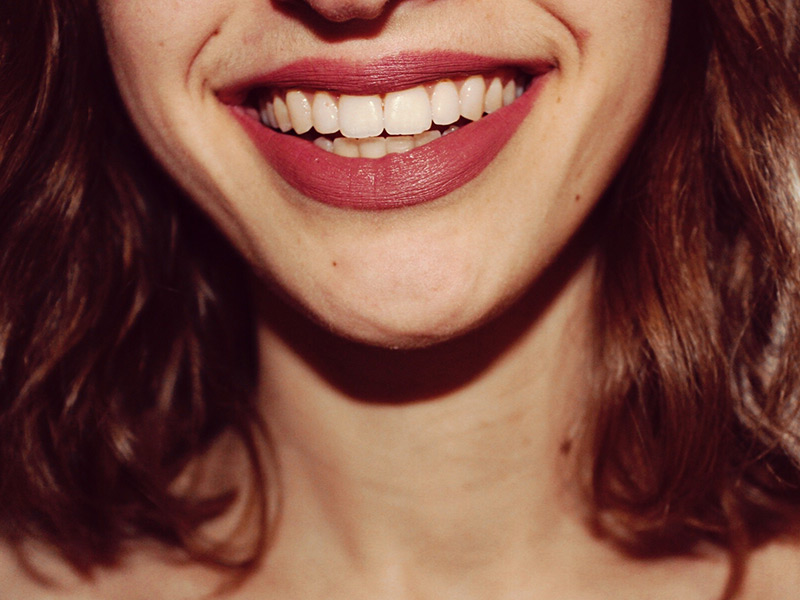
Additionally, you'll want to keep in mind that for people who have certain teeth discolorations or conditions, whitening methods might not be effective. "There are certain types of reasons people have different colors that will never whiten, so if you've had some type of trauma, crowns, fillings—all of those things will not whiten. Certain colors under colors are harder to whiten, so I always let people know their expectations first," Quartey says. Some exposed areas of teeth, like cavities, might cause more sensitivity, so that's why Quartey recommends seeing your dentist first. And, if you have a medical condition, you'll want to check with your doctor for the all-clear.
If you've gotten your teeth cleaned but are coming up short in the pearly whites department, there are a variety of methods to try. We asked Quartey for tips and things to avoid for some common whitening methods:
Whitening Toothpaste and Mouthwash
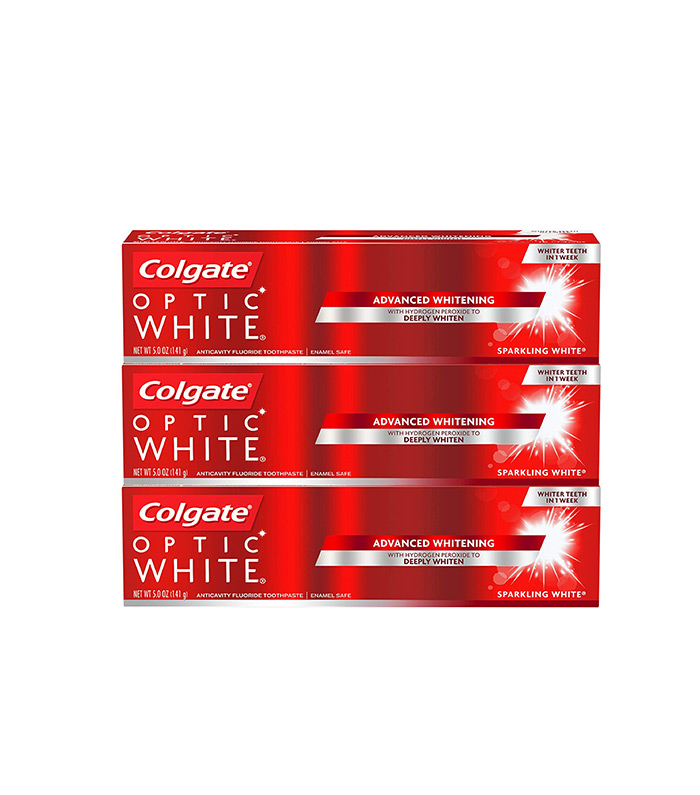
Quartey recommends staying away from whitening toothpaste and mouthwashes (and all types of whitening methods, actually) if you have sensitive teeth—not only will it be uncomfortable, but it might exacerbate the sensitivity. If your teeth aren't sensitiev, you can use it daily, but choose your products carefully. "I would just recommend they have a ADA seal; they've been tested and they show that it does what it's reported to do," she says.
Keep in mind that whitening toothpaste and mouthwashes aren't as effective or powerful than other methods. "Whitening toothpaste is really more for surface stains," Quartey says. "There are the stains outside and the stains inside the tooth, so the whitening toothpaste and mouthwash are more getting outside stains, versus the strips and the trays—those are more intrinsic as we would call it; they would be breaking down the bonds inside of the stains. People get upset when they don't get the results they want, so I just want to be clear: It's more superficial with the whitening toothpaste and mouthwash." A dentist will be able to tell you if your stain is intrinsic or extrinsic.
Whitening Strips
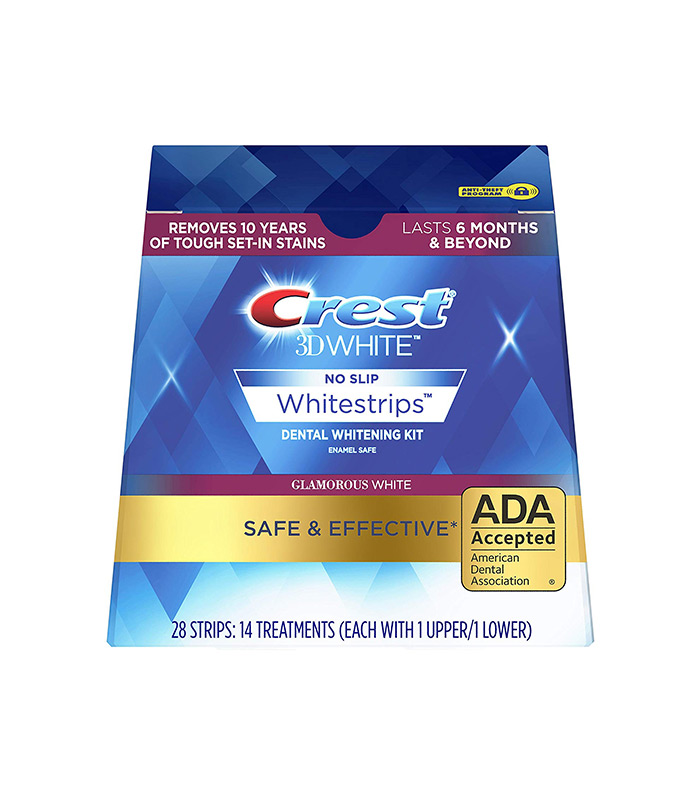
For these, Quartey advises reading the directions carefully, as some might require you to wear them every day for 30 minutes and others overnight. "The most common mistake I see in people who use whitening strips over the counter is they place it on their gums accidentally. The bleach is not meant for the gums; it will be uncomfortable, it's purely only for the teeth," she says. In some cases, it may even cause damage to that area.
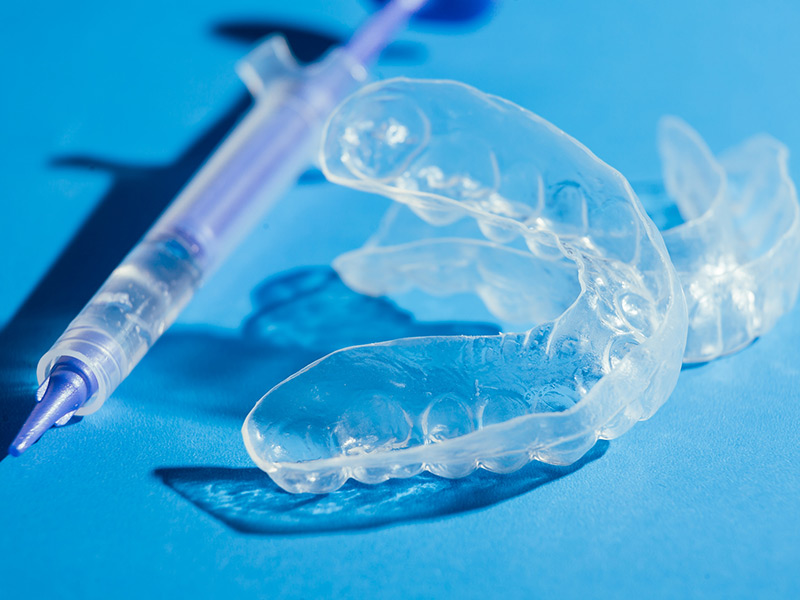
These are the kind you get at your dentist's office and are higher strength than the OTC ones. Ask your doctor for application instructions and stick to them. And keep in mind that there's such a thing as too much whitening. "You could also whiten too much, and that again it depends on the person and what your teeth are like," Quartey says. "Some people have thinner enamel or thicker enamel (the outside parts of the teeth), but I always tell people to not try to do it as frequently. This should be like a touch-up thing that you do maybe once every several months."
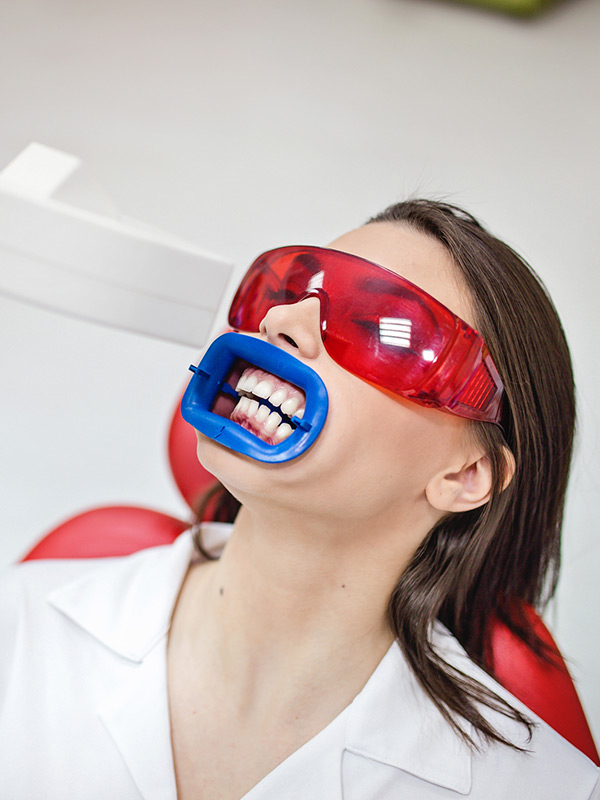
This method would probably be ranked Most Likely to Get the Job Done if teeth whitening methods had a yearbook. "It's even a higher concentration of bleach than the ones that you would get in a take-home tray," Quartey explains. "We'll put a barrier on the gums to protect them and we'll put on the bleaching agent. Some dentists have lasers, that will also activate the bleach and give you more of an intense white."
The other benefit to this option is that you'll be under the watchful eye of your dentist, so hopefully it reduces the risk of something going wrong. She says the procedure takes about an hour and the results can last years, with touch-ups needed here and there.
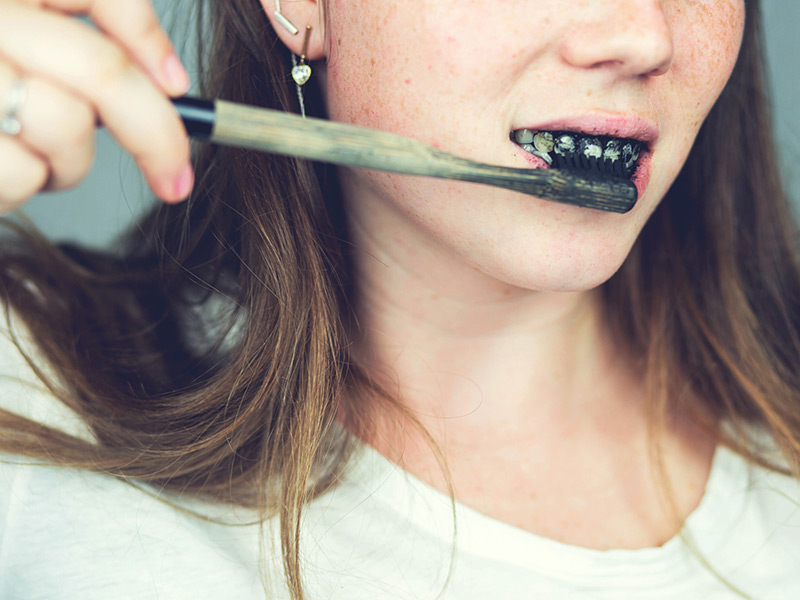
We've heard of methods like brushing your teeth with baking soda or charcoal, oil pulling (a traditional Indian remedy that involves swishing around oil in your mouth for 20 minutes on an empty stomach to draw out toxins), and brushing or rinsing with apple cider vinegar. Quartey breaks them down for us:
Baking soda or charcoal: "The deal is all these natural things don't always mean that it's good for you. Charcoal, the baking sodas, all of those are kind of very abrasive, so they might superficially remove something from your teeth, but really they're removing way too much. There is a point where you can remove so many parts of your enamel that it can expose the inside part of your teeth, which is more yellow. Research hasn't shown that they are effective, but they are very abrasive, so that I don't recommend. I've actually had a patient who has had a lot of discomfort and pain from using the charcoal toothpaste."
Now that you know the basics, you might be wondering what's your best bet for avoiding discoloration in general. "Brushing and flossing," Quartey says. "A lot of what gets stained is plaque and tartar buildup, and with coffee, wine, things like that, I always recommend people drink it through a straw whenever possible, and even to just drink water after, because the coffee can sit on your teeth for however many hours."
Surprisingly, though, you might think brushing your teeth after consuming coffee or red wine, but you shouldn't because she says that you're kind of brushing it into your teeth, so water is the way to go.
Next up: Kendall Jenner's Dentist Sets the Record Straight on Natural Toothpaste
The products featured in this story are selected by our editors and not all endorsed by the ADA.
This article is provided for informational purposes only and is not intended to be used in the place of advice of your physician or other medical professionals. You should always consult with your doctor or healthcare provider first with any health-related questions.
Sarah is lifestyle writer and editor with over 10 years of experience covering health and wellness, interior design, food, beauty, and tech. Born and raised in Los Angeles, she attended New York University and lived in New York for 12 years before returning to L.A. in 2019. In addition to her work atBest Knockoff Luxury Clothing , she held editor roles at Apartment Therapy, Real Simple, House Beautiful, Elle Decor, and The Bump (sister site of The Knot). She has a passion for health and wellness, but she especially loves writing about mental health. Her self-care routine consists of five things: a good workout, “me” time on the regular, an intriguing book/podcast/playlist to unwind after a long day, naps, and decorating her home.
